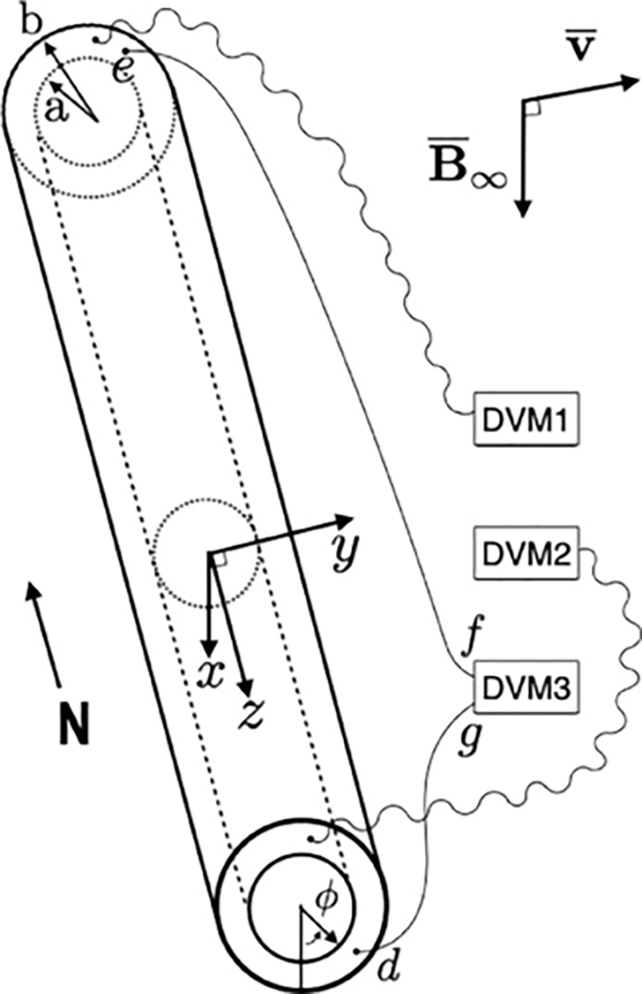 Researchers at the University of Oklahoma’s Center for Antibiotic Discovery and Resistance have made significant progress in the fight against antimicrobial resistance. They have identified molecules that can enhance the effectiveness of antibiotics by inhibiting bacterial efflux pumps. This discovery, which involves a “molecular wedge” mechanism, shows promise in developing new treatments to combat antibiotic resistance.
Researchers at the University of Oklahoma’s Center for Antibiotic Discovery and Resistance have made significant progress in the fight against antimicrobial resistance. They have identified molecules that can enhance the effectiveness of antibiotics by inhibiting bacterial efflux pumps. This discovery, which involves a “molecular wedge” mechanism, shows promise in developing new treatments to combat antibiotic resistance.
The World Health Organization has recognized the global concern of antimicrobial resistance, as many commonly used antibiotics are no longer effective against certain harmful bacteria. To address this issue, the Center for Antibiotic Discovery and Resistance at the University of Oklahoma, led by Dr. Helen Zgurskaya and Dr. Valentin Rybenkov, is exploring alternative therapeutic solutions.
Antibiotics function by targeting specific components of bacterial cells, such as the cell wall or the DNA. However, bacteria can develop resistance to antibiotics through various mechanisms, including the development of efflux pumps, which are proteins located on the surface of bacterial cells. These efflux pumps remove antibiotics from the cell before they can kill the bacteria, rendering the antibiotics ineffective.
The researchers at the University of Oklahoma have contributed to a recent breakthrough published in the journal Nature Communications. They have discovered a new class of molecules that can inhibit efflux pumps, thereby restoring the effectiveness of antibiotics. The inhibitors work through a unique mechanism known as a “molecular wedge,” which targets the region between the inner and outer cell membranes of bacteria. This mechanism enhances the antibacterial activity of antibiotics. Understanding this process opens doors for the development of new therapeutic approaches for clinical use.
Dr. Zgurskaya commented, “We are currently in a post-antibiotic era, and the situation will only worsen unless we find new solutions to combat antibiotic resistance in healthcare settings. The discoveries we have made will aid in the development of new treatments to address this impending crisis.”
Reference: “Conformational restriction shapes the inhibition of a multidrug efflux adaptor protein” by Benjamin Russell Lewis, Muhammad R. Uddin, Mohammad Moniruzzaman, Katie M. Kuo, Anna J. Higgins, Laila M. N. Shah, Frank Sobott, Jerry M. Parks, Dietmar Hammerschmid, James C. Gumbart, Helen I. Zgurskaya and Eamonn Reading, 18 July 2023, Nature Communications.
DOI: 10.1038/s41467-023-39615-x
Dr. Helen Zgurskaya is a George Lynn Cross Research Professor and Dr. Valentin Rybenkov is a Professor of Biochemistry. They are both affiliated with the Department of Chemistry and Biochemistry, Dodge Family College of Arts and Sciences at the University of Oklahoma. To learn more about their research, visit the Center for Antibiotic Discovery and Resistance website.













